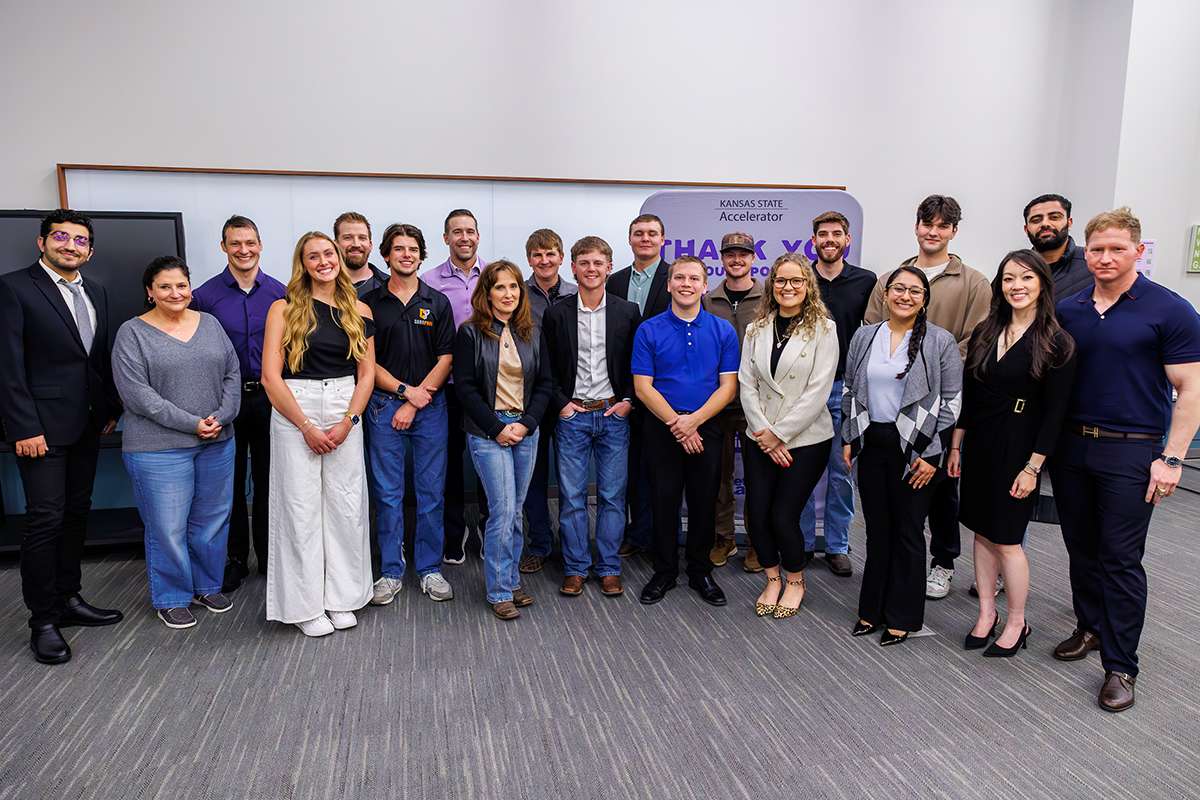Summary:
Founders of major European unicorns call for a 'tech renaissance' through a pan-European entity.
EU Inc aims to standardize investment processes and simplify cross-border operations.
Legal and regulatory barriers are currently hindering the growth of European startups.
In 2023, European startups raised $45 billion, compared to $120 billion in the U.S.
The initiative seeks to enhance Europe's competitiveness against the U.S. and China.
Pioneers of Tech Unite for Change
Founders of Europe's biggest unicorns are advocating for a 'tech renaissance' in Europe through the establishment of a pan-European entity aimed at bolstering startups and innovation across the continent. This initiative is backed by notable figures like Patrick Collison, CEO of Stripe, and Taavet Hinrikus, co-founder of Wise.

The open letter, which has gained support from VC firms such as Index Ventures, Sequoia, and Seedcamp, emphasizes the fragmentation of Europe’s startup scene due to its diverse countries and cultures. The letter highlights that legal and regulatory barriers hinder cross-border collaboration, limiting the potential of European startups.
The Proposal: EU Inc
The founders propose the creation of a new entity named EU Inc, which would operate under a 28th regime within the EU framework. This would provide an alternative legal structure to ease the regulatory burden on startups. The initiative aims to:
- Standardize investment processes
- Simplify cross-border operations
- Create a unified employee stock option framework
Challenges and Opportunities
Despite the world-class talent in Europe, there are significant challenges in building tech giants compared to the U.S. and China. The letter argues that without such reforms, Europe risks falling further behind in the global tech race. Mario Draghi, former European Central Bank President, has called for €800 billion in annual investment to boost competitiveness, particularly in technology innovation.
The Current Landscape
In 2023, European tech startups raised $45 billion in venture capital, significantly less than the $120 billion raised in the U.S. This disparity underscores the need for initiatives like EU Inc to streamline the funding landscape and support the growth of startups in Europe. The Atomico report indicates that while new startups are emerging in Europe at a faster rate, they are 40% less likely to secure funding after five years compared to their U.S. counterparts.
Andreas Klinger, an investor at Prototype Capital and co-initiator of the EU Inc proposal, emphasizes the urgency of removing obstacles to allow startups to thrive in Europe.







Comments